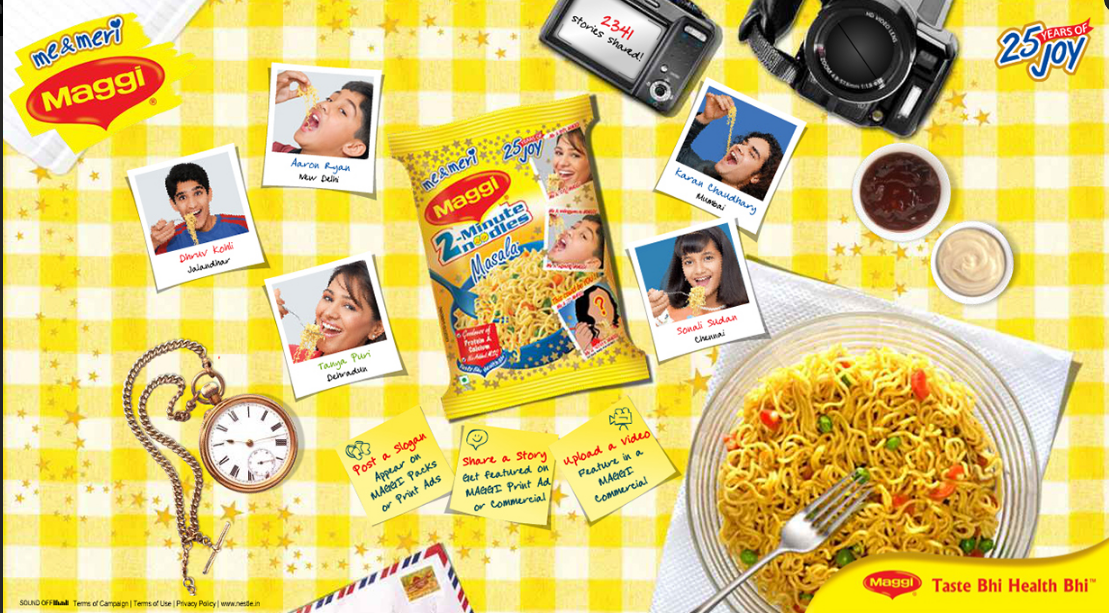according to the food and safety standards act, all imported food, except singleingredient products, must display a list of ingredients and mention the manufacturing and expiry dates on the label.mumbai india&rsquos food safety authority and companies importing packaged food are increasingly at loggerheads over the country&rsquos labelling and packaging rules, with several disputes ending up in courts.on 16 september, the bombay high court directed the release of detained canola oil consignments imported by dalmia continental ltd. the court called the detention by the food safety and standards authority of india fssai &ldquoarbitrary and violative of article 14 of the constitution of india.&rdquo article 14 guarantees equality before law.in mumbai alone, at least five companies including barry callebaut india pvt. ltd, the indian arm of swiss chocolate firm neulife nutrition systems pvt. ltd tata starbucks ltd and vital nutraceuticals pvt. ltd have gone to court after the food safety authority detained their consignments. the vital neutraceuticals and barry callebaut cases are now pending in the supreme court.barry callebaut declined to comment. emails to neulife nutrition and vital nutraceuticals did not elicit any response. tata starbucks said in email that it did not want to comment on the issue as the case is sub judice.according to the food and safety standards act, all imported food, except singleingredient products, must display a list of ingredients and mention the manufacturing and expiry dates on the label.in august, dalmia continental approached the high court after the authority detained at least three consignments of canola oil imported from canada, totalling about 80 tonnes, citing noncompliance with rules. the authority alleged that the oil contained &ldquogenetically altered ingredients&rdquo, before rejecting it citing consumer interest. the high court, however, ruled that the authority has &ldquoacted contrary to the provisions&rdquo of the food safety and standards norms.&ldquothe fssai is yet to release our consignment as it is planning to appeal against the bombay high court order in the apex court,&rdquo a spokesperson for dalmia continental said.fssai data shows that during januaryjune, out of 1,777 samples tested at its laboratories, nearly onefifth failed to meet standard safety and quality parameters. fssai&rsquos measures have caused processed food importers losses worth rs.26,000 crore by seizing or stopping imported goods, according to amit lohani, convenor of the forum of indian food importers, a lobby group. he says this will only get worse. &ldquothe losses will double next year if the laws don&rsquot change,&rdquo lohani said.fssai works under the health and family welfare ministry, while some of the companies impacted by the law are under processed foods makers whose interests are represented by the ministry of food processing industries. lobbyists say that bifurcating fssai and bringing it under the food processing ministry will help them resolve their issues. &ldquothe growth of the processed foods industry is not the concern of the ministry of health and family welfare and hence our concerns are not getting addressed.the fssai act should be bifurcated to be addressed by the relevant ministries,&rdquo said firoz naqvi, secretary, food ingredients manufacturers and suppliers of india association, a lobby of 50 importers who supply to institutions. importers complain that there aren&rsquot enough product standards under the law. &ldquocurrently, there are only 377 standards for imported food items, whereas the government is supposed to have updated the list by august to be a few thousands. but that has not happened,&rdquo said lohani.the government formed a committee of experts in july to study the issues in product approval and decide on the course of action. however, a lawyer said that till rules are amended, companies must follow them. &ldquoif it is a statutory requirement, companies have to follow it. the world over, companies have to meet labelling and packaging requirements of the country that they do business in,&rdquo said anuradha salhotra, partner at delhibased law firm lall lahiri and salhotra.&ldquoif a company thinks india is going to be a major market, then they should look at the labelling requirement of the country at the time of manufacturing and package accordingly.&rdquosource httpwww.livemint.comcompaniesnhprrisxjctqpmqic7l12himportersfoodsafetyautho…






